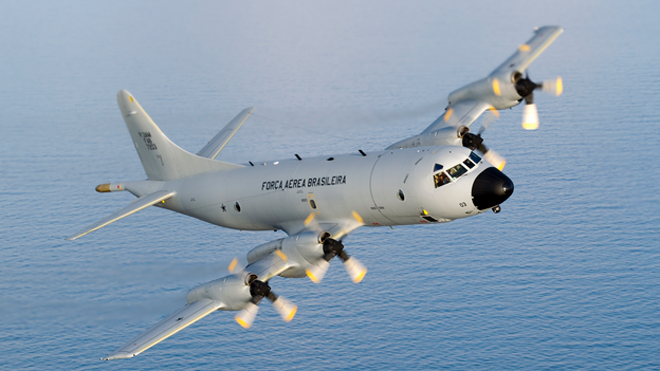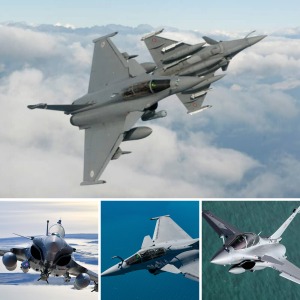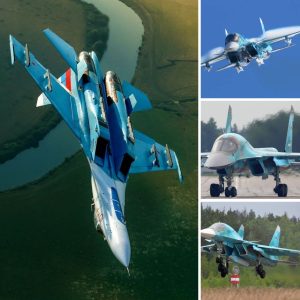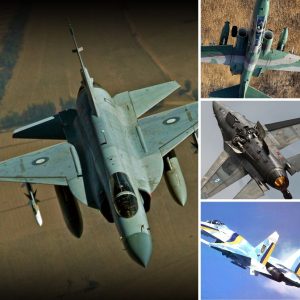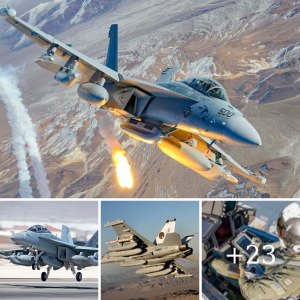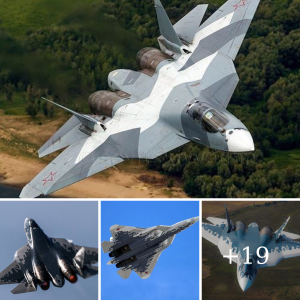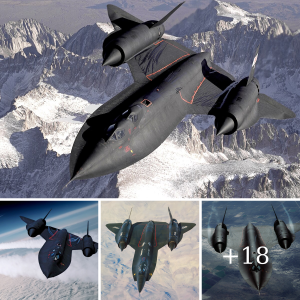Argentina’s aging fleet of P-3C Orion maritime patrol aircraft, known for their prowess in anti-submarine warfare, are set to receive a significant upgrade in the United States. This modernization effort marks a pivotal moment in Argentina’s military aviation history, ensuring that its ‘submarine hunters’ remain a formidable force in safeguarding the country’s vast maritime territories.
A Legacy of Vigilance
The P-3C Orion has been the backbone of Argentina’s maritime patrol and anti-submarine operations since it first entered service with the Argentine Navy. Originally designed in the 1960s by Lockheed Martin, the Orion is renowned for its long-range surveillance capabilities and its effectiveness in detecting and neutralizing submarine threats. With four powerful turboprop engines, the aircraft is capable of flying low and slow over the ocean, deploying advanced sonar buoys, magnetic anomaly detectors, and torpedoes to hunt down submarines lurking beneath the waves.
For decades, the P-3C Orion has played a critical role in monitoring Argentina’s extensive coastline, which stretches over 4,600 kilometers. The aircraft has been instrumental in enforcing Argentina’s sovereignty over its maritime territories, conducting search and rescue missions, and patrolling the resource-rich waters of the South Atlantic, where illegal fishing and potential territorial incursions remain constant concerns.
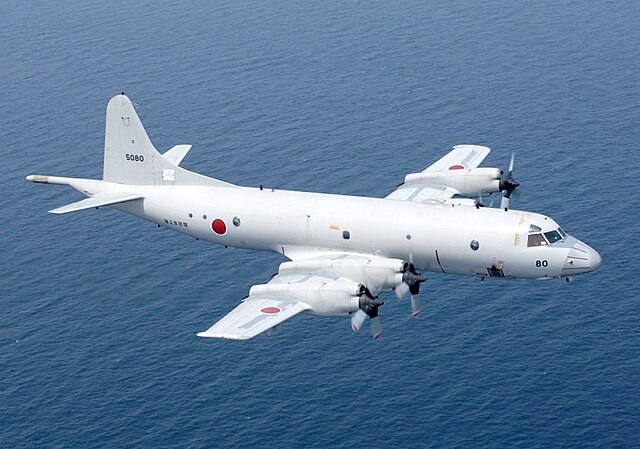
The Need for Modernization
However, after decades of relentless service, Argentina’s P-3C Orion fleet has been showing signs of wear and tear. The aircraft, which have been operational for over 30 years, are increasingly difficult to maintain, with outdated avionics, sensors, and systems that struggle to keep pace with modern threats. Recognizing the need to extend the operational life of these vital assets, the Argentine government has turned to the United States for a comprehensive upgrade program.
The decision to modernize the P-3C Orions is not just about maintaining operational readiness; it’s about enhancing the capabilities of these aircraft to meet the challenges of the 21st century. With advancements in submarine technology, particularly in the areas of stealth and propulsion, Argentina’s submarine-hunting aircraft need to be equipped with the latest technology to detect and counter these sophisticated threats.
The Upgrade Program
The P-3C Orions are being sent to specialized facilities in the United States, where they will undergo a series of upgrades that will breathe new life into these venerable aircraft. The modernization program includes the installation of advanced radar systems, upgraded communication suites, and the integration of new weapons systems designed to improve the aircraft’s anti-submarine and surface warfare capabilities.
One of the key aspects of the upgrade is the replacement of the aircraft’s aging avionics with state-of-the-art systems that will enhance situational awareness and improve mission effectiveness. The new radar systems will allow the P-3C Orions to detect submarines at greater distances and with higher accuracy, while the upgraded communication systems will enable better coordination with other naval assets and allied forces during joint operations.
Additionally, the aircraft will be equipped with enhanced electronic warfare capabilities, allowing them to better defend against enemy countermeasures and to disrupt hostile communications. These upgrades will ensure that Argentina’s P-3C Orions remain at the forefront of anti-submarine warfare, capable of detecting, tracking, and engaging the most advanced submarine threats.
Strategic Implications
The modernization of Argentina’s P-3C Orion fleet is a strategic move that underscores the country’s commitment to maintaining a robust maritime defense capability. As tensions continue to simmer in the South Atlantic, particularly with regard to the disputed Falkland Islands and the growing interest in the region’s natural resources, the upgraded P-3C Orions will play a crucial role in deterring potential adversaries and protecting Argentina’s interests.
Moreover, the upgrade program strengthens the defense ties between Argentina and the United States, reflecting a broader trend of increased military cooperation between the two nations. By investing in the modernization of its P-3C Orion fleet, Argentina is not only extending the service life of these aircraft but also enhancing its ability to project power and protect its maritime sovereignty well into the future.

Conclusion
As Argentina’s P-3C Orions head to the United States for their long-awaited upgrades, the nation is taking a significant step toward preserving and enhancing its maritime patrol capabilities. These ‘submarine hunters,’ once upgraded, will continue to serve as a critical component of Argentina’s defense strategy, ensuring that the country’s vast and resource-rich maritime territories remain secure for years to come.
